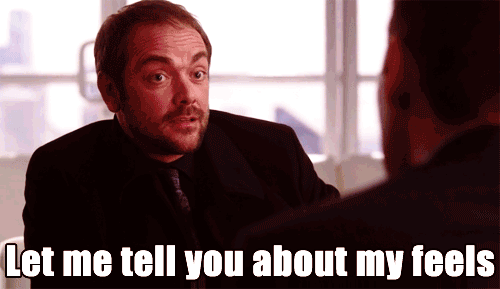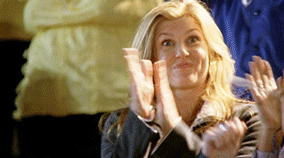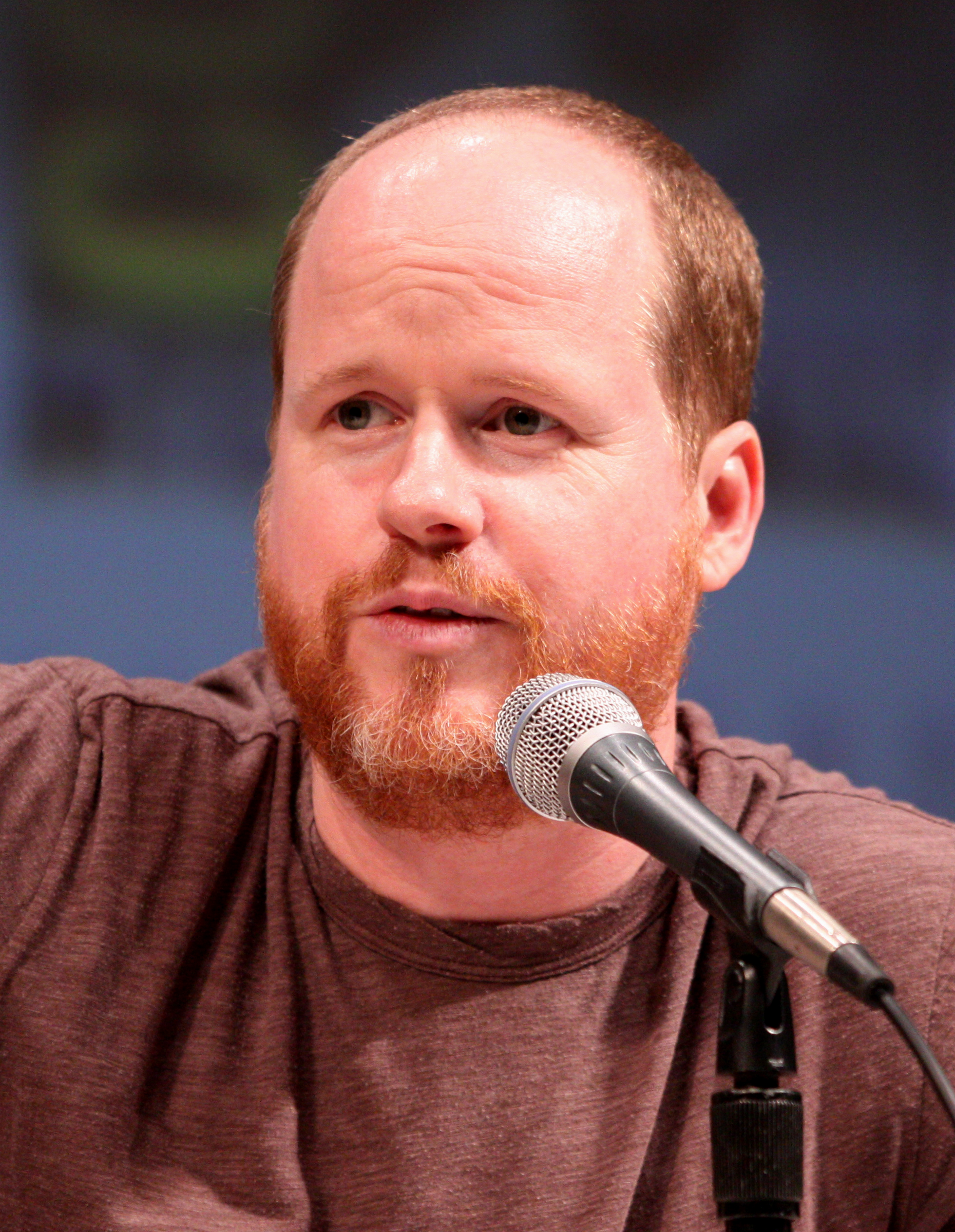Even though I was a big reader as a teen, I also watched a lot of TV. This list of 9 Female Characters We Wish We’d Been More Like In High School is a pretty excellent reflection of my television heroes. (Veronica Mars, I still want to be you.) In YA, we have an abundance of female characters who are role models in dealing with everything from cliques to evil governments to man-eating wild horses. So, in no particular order:
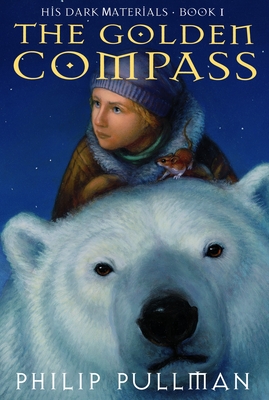 Lyra Silvertongue from the His Dark Materials series
Lyra Silvertongue from the His Dark Materials series
Why she’s cool: She’s one of the few people in the universe who can read an alethiometer. She hangs out with armored polar bears. She saved all the souls in the universe. She’s clever and rebellious. She has a daemon.
Why it would be good to be her in high school: She’d totally be the girl getting you to skip class so you could go have an awesome adventure and take down the establishment.
Frankie Landau-Banks from The Disreputable History of Frankie Landau-Banks
Why she’s cool: She can outwit her private school’s oldest secret society, plan awesome pranks, and stand up to the patriarchy.
Why it would be good to be her in high school: A lot of teens might be insecure, but Frankie’s not afraid to let anything hold her back. I wish I had that kind of confidence and motivation in high school.
Alanna of Pirate’s Swoop and Olau from The Song of the Lioness series
Why she’s cool: Alanna is a redheaded, magic-doing lady knight, who snuck into knight school by pretending to be her twin brother. Girl has guts and then some.
Why it would be good to be her in high school: Alanna would totally be that girl who was captain of the soccer team, dated the hottest guys, and was awesome to hang out with.
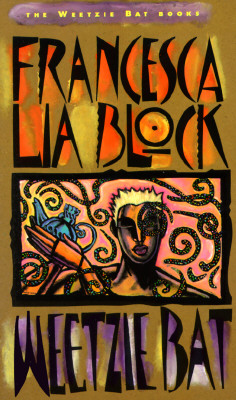 Weetzie Bat from Dangerous Angels
Weetzie Bat from Dangerous Angels
Why she’s cool: Weetzie is a cross between a punk rocker and a fairy princess, living in a kind of magical version of LA with amazing, kind of magical friends and fighting against/learning to accept the darkness.
Why it would be good to be her in high school: Weetzie might not fit in, but she would be that girl who always wears something awesome and knows where the good bands are playing.
Puck Connolly from The Scorpio Races
Why she’s cool: In order to save her family home, Puck enters a man-eating horse race–with her regular horse.
Why it would be good to be her in high school: Puck is the ultimate underdog. But when she’s faced with some major challenges, she tackles them with a tenacity and a ferocity I wish I had when I was facing big math tests or family drama.
Veronica FitzOsborne from A Brief History of Montmaray
Why she’s cool: Veronica is poised, beautiful, the heir to the throne, and (above all) scholarly.
Why it would be good to be her in high school: Veronica would be that girl who makes everything look effortless (straight As! captain of the debate team!), and you wish you could hate her but you can’t because she’s so damn awesome. (I was way more like narrator Sophie in high school.)
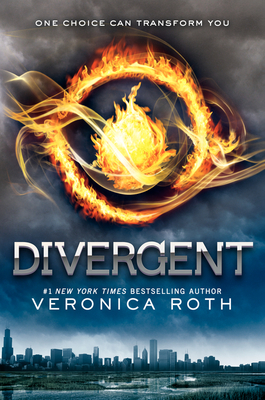 Tris from Divergent
Tris from Divergent
Why she’s cool: A lot of YA dystopian characters wish they didn’t have to run from zombies/take down an evil government/survive a creepy life-or-death game. But Tris gets an adrenaline rush from the action and wants to help people–a trait I really like.
Why it would be good to be her in high school: Tris doesn’t always look before she leaps. In high school, I always looked before I leapt. (Heck, I still do.) I could have used a little more of Tris’s daring.
Georgia Nicholson from Angus, Thongs and Full-Frontal Snogging
Why she’s cool: She deals with normal life stuff (crushes, parents, cats) but also has a wicked sense of humor
Why it would be good to be her in high school: If you can’t change your normal life drama, you might as well be funny about it.
Ginny Weasley from the Harry Potter series
Why she’s cool: I know, I know, everyone always talks about Hermione. But I really like Ginny. Sure, she had a rough first year, but after that she comes into her own–rocking the Quidditch team, doing well in school, and fighting in Dumbledore’s Army. Heck, she manages to get Slughorn’s attention, and usually that’s reserved for major wizard legacies.
Why it would be good to be her in high school: Ginny seems like she’d be the girl everyone admired–smart, talented, but low-key about it. She does what she wants and doesn’t take crap from people.
Which YA ladies would you want/have wanted to be in high school?
